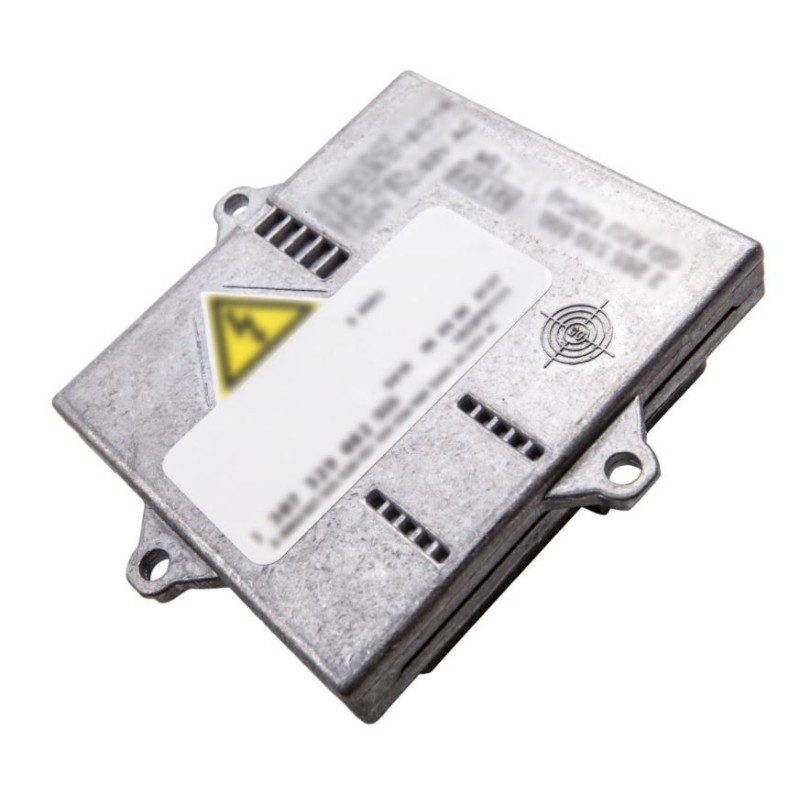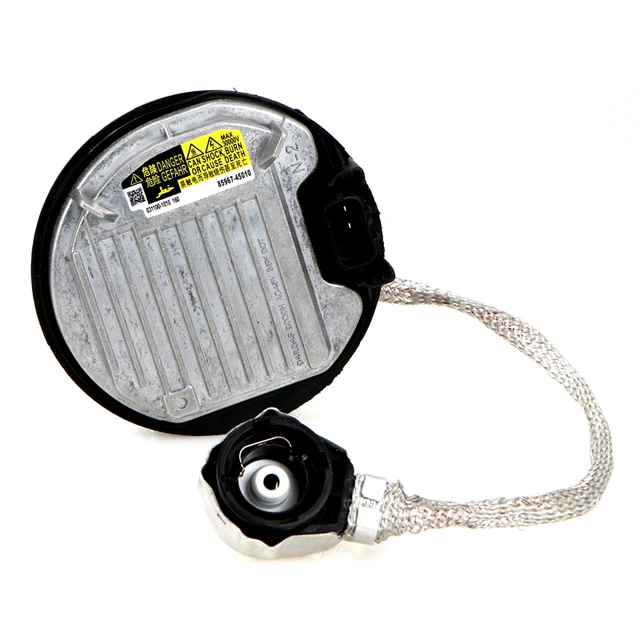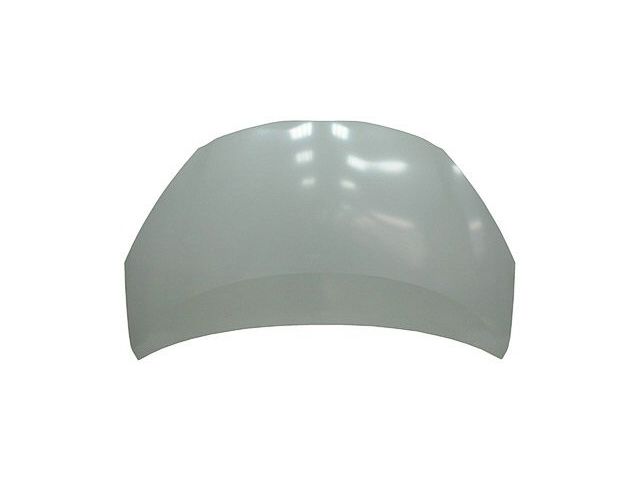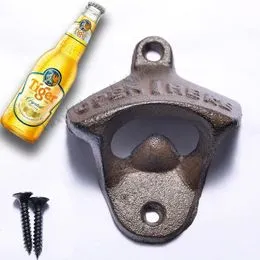Módulo De Balasto De Faro HID De Xenón 63117356250 Unidad De Control De Bombilla De Balasto De Xenon Para X6 X5 X4 X3 Z4 3 Series 4 Series 5 Series

Pasa por encima el cursor para ver más detalle
20 €
Características
Placement on Vehicle: Front, Left, Right, Lighting Technology: HID Módulo Control HID Lexus GS Módulo De Balasto De Faro HID De Xenón 63117356250 Unidad De Control De Bombilla De Balasto De Xenon Para X6 X5 X4 X3 Z4 3 Series 4 Series 5 Series Controlador Bombilla Xenón Lexus Manufacturer Part Number: 85967-24010 8110730D30 51040 8596724010 8110730D31, SHL-1-5, SHL-A-1-D El empaquetado debe ser el mismo que se encontraría en una tienda, a menos que el artículo haya sido empaquetado por el fabricante con material no destinado a su venta en tienda (por ejemplo una bolsa o caja sin etiquetas). Interchange Part Number: sub assy assembly 30D31 30D30 light KDLT003, computer controller ecu Kit de bombillas Xenon Ballast HID D4R D4S, módulo de control 85967-51040 for Prius 2006-2009/ Lexus GS 350 450h 460 2006-2011 Característica: 1: Según las especificaciones originales de fábrica, son perfectas for el automóvil original. 2: Ten diferentes máquinas de prueba for diseñar parámetros exactos y precisos for nuestros productos. Todos los artículos han sido probados for... Es nuevo, en paquete original, de la marca EPAP. Compatible con los modelos GS 350, 450h y 460, referencia 85967-24010 y otras. Si la luz parpadea, no enciende... Unidad de control de xenón A2038209385 Módulo de faros de lastre
Productos patrocinados
Productos recomendados
Opiniones de los usuarios Ver todas las opiniones
Aviso sobre nuestra
información de producto

















